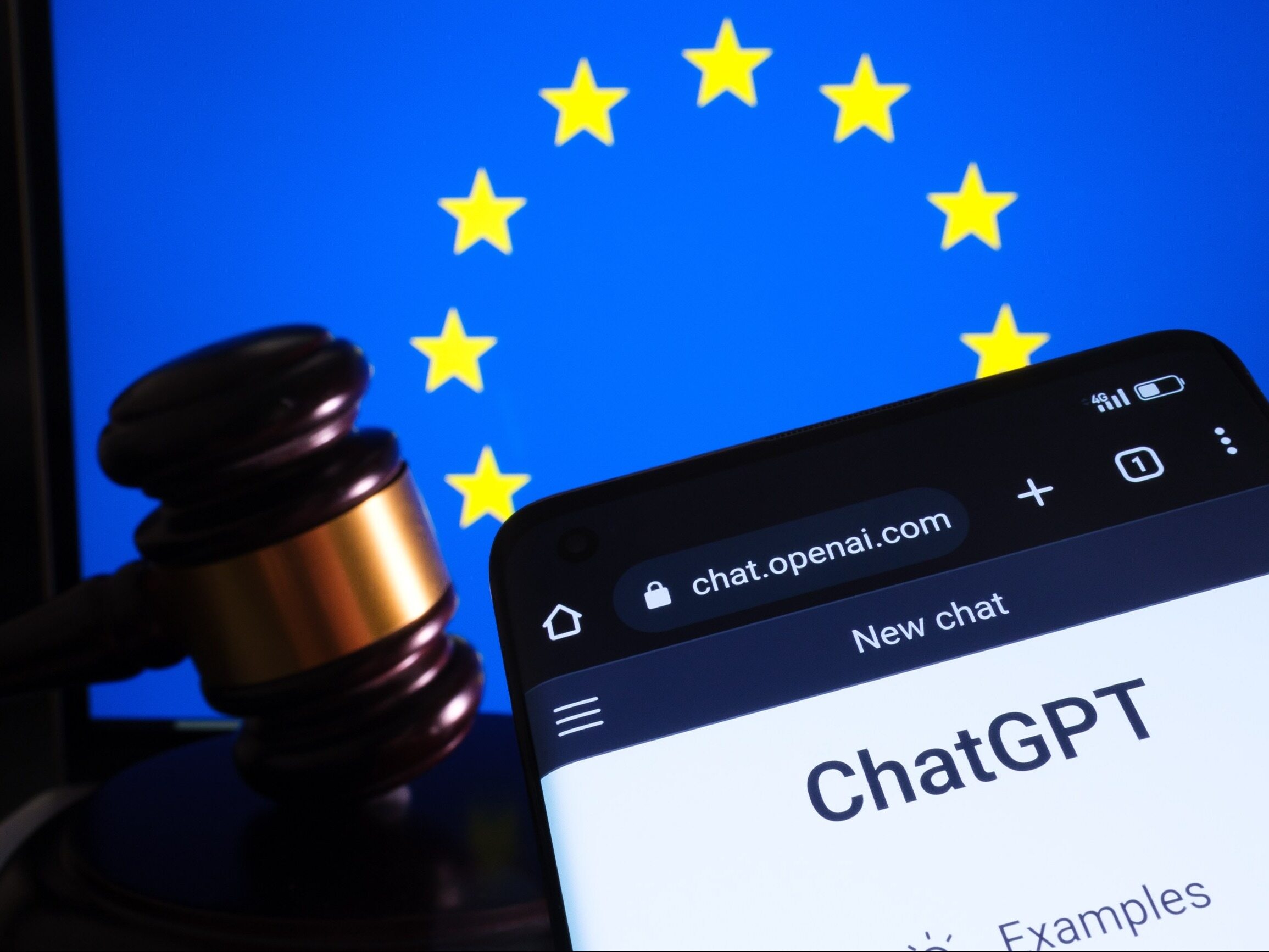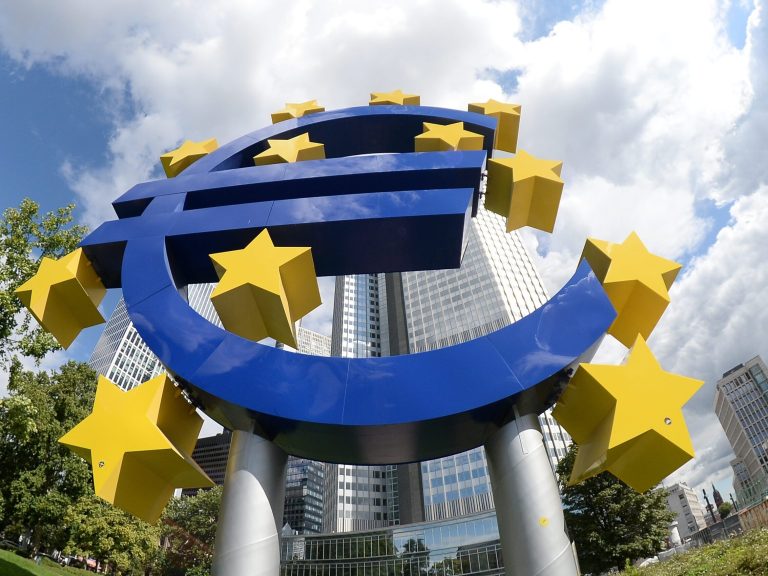The EU regulates artificial intelligence. Opinions on the AI Act are divided

The European Union has introduced regulations regulating the use of artificial intelligence. What exactly does the document called the Ai Act introduce?
The AI Act, i.e. the “Regulation establishing harmonized rules on artificial intelligence”, has been approved by the EU Council. Although the legislative process has not ended yet, only formal procedures remain.
AI Act, i.e. EU regulations regarding artificial intelligence
This is the world's first such comprehensive regulation regarding AI. The regulations will apply directly and uniformly throughout the European Union, but will enter into force gradually – after 6, 12, 24, and some even after 36 months (main regulations after 2 years). The new regulations are of an administrative nature and determine whether and to what extent AI can be used.
It is worth noting, however, that the AI Act does not cover all aspects of law related to AI, for example the issue of intellectual property rights, which are still controversial. – The risk principle was adopted, which means that the greater the risk of a given AI application, the more restrictive the restrictions and requirements are – says Marcin Ręgorowicz, Managing Associate at Traple Konarski Podrecki i Wspólnicy, in an interview with MarketNews24.
The use of AI systems with an unacceptable level of risk, such as systems manipulating human decisions or predicting the risk of committing a crime, has been banned. The second category are high-risk systems, used, for example, in decisions regarding employment, education or when issuing loans. In these cases, additional restrictions and obligations have been imposed.
Other systems with limited or minimal risk can be used almost without restrictions, with minimal requirements regarding transparency and information obligations. Regulations have also been introduced for general purpose models (such as GPT).
Who does the new regulations apply to?
Obligations vary depending on the group of entities – more obligations rest on suppliers of entire AI systems than on companies using AI tools in their operations. Additional regulations were also introduced, such as the obligation to mark deep fakes, and certain rights were granted to individuals, e.g. the right to demand decisions made by a human.
New regulations introduce institutions supervising AI at the EU and national level. – The regulations provide for penalties for non-compliance, up to EUR 35 million or 7%. total annual turnover – explains Marcin Ręgorowicz.
GDPR issue
It is important that the AI Act does not exclude other regulations, e.g. GDPR is still fully applicable in the context of the processing of personal data in AI systems. The new rules are assessed differently – praised for banning the most invasive uses of AI and granting the right to information about AI use, but criticized for additional obligations that may weaken the EU's competitiveness in the global market.






